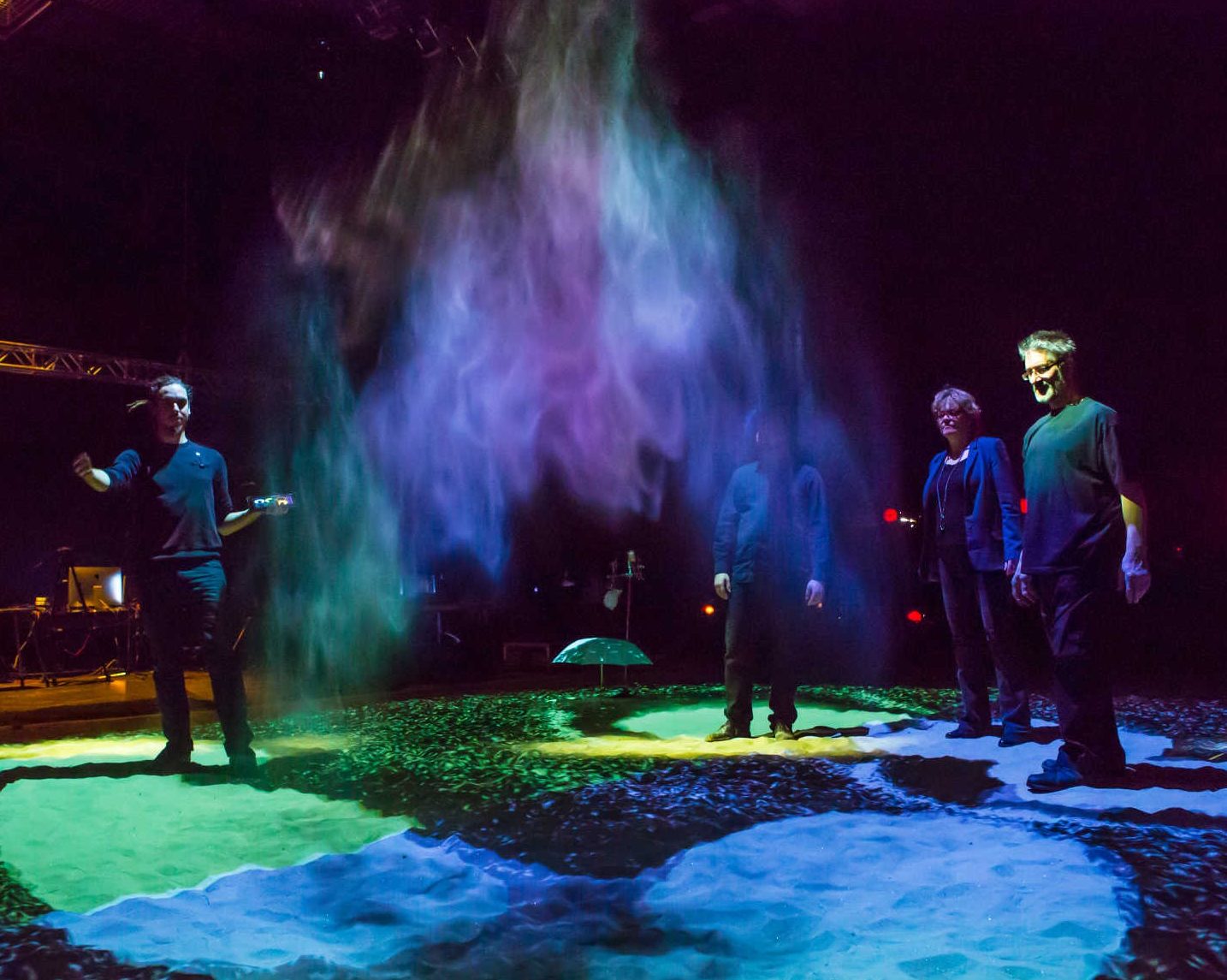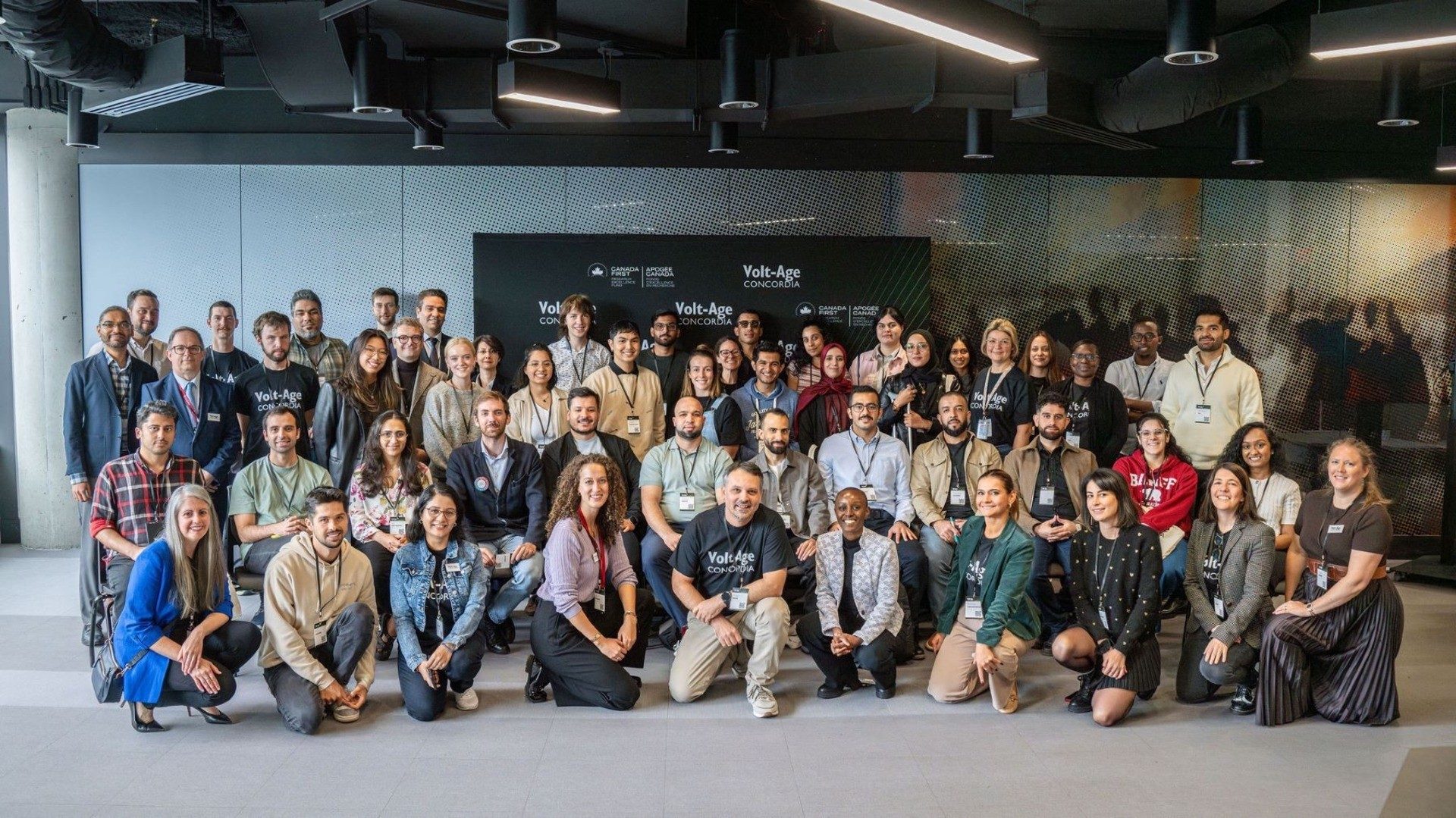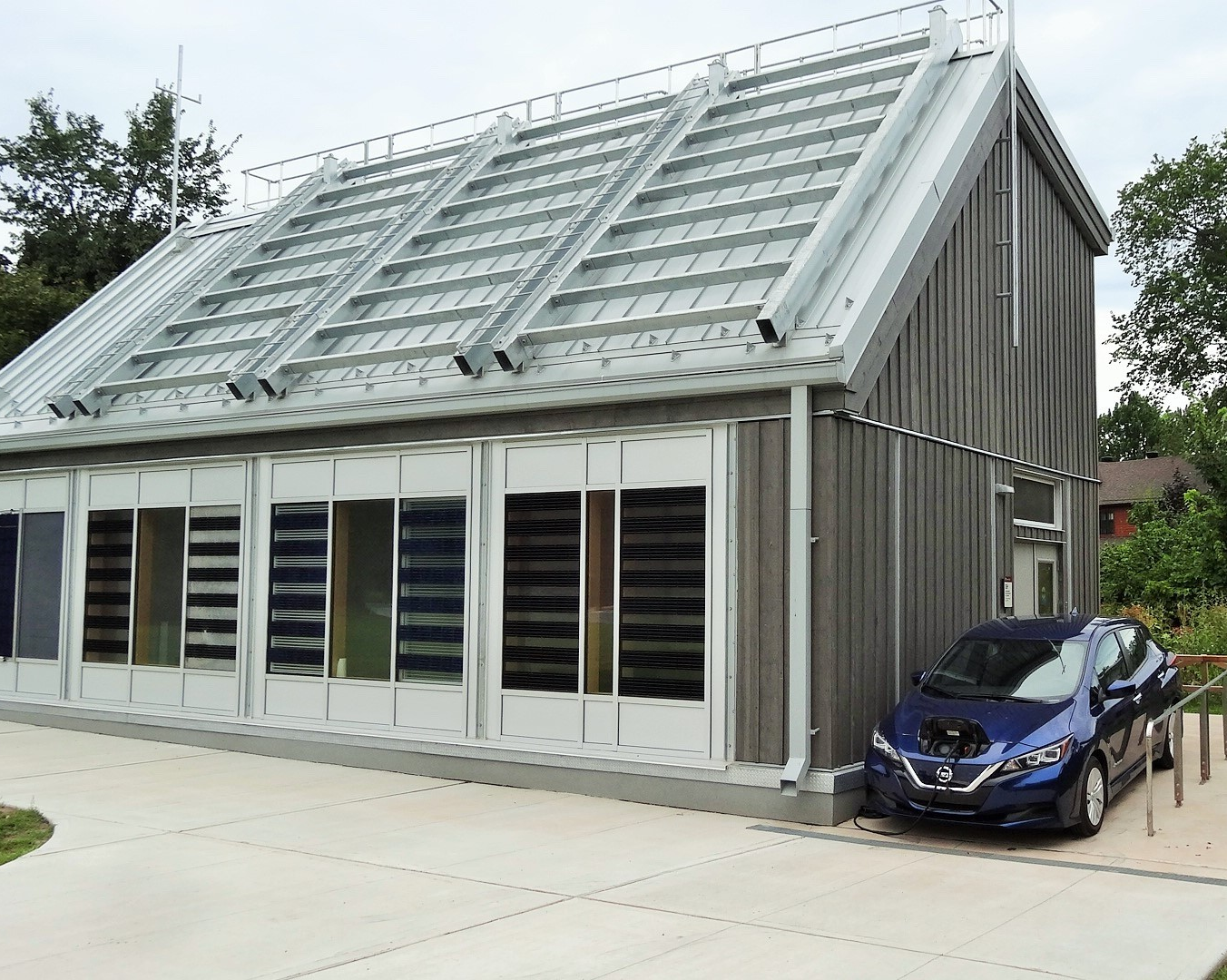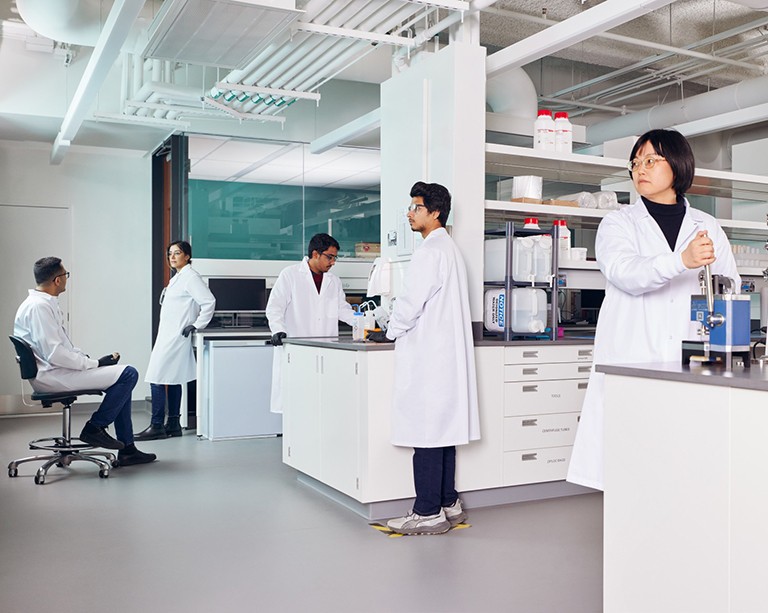VOLT-AGE
Where innovation meets purpose
Supported by a $123 million Canada First Research Excellence Fund and based at Concordia University, Volt-Age is Canada's number one electrification research program.
Volt-Age in numbers
50
Projects
174+
Researchers
344+
Highly Qualified Personnel (HQP)
23+
Academic institutions worldwide
120+
Non-academic partners
As of September 2025
Doctoral Fellowship and
Master’s Scholarship
Shape the Future of Electrification Research – Get funding from Volt-Age to pursue a PhD or Master's degree at Concordia University.

About Volt-Age
Volt-Age pioneers carbon-neutral solutions through integrated research in building technology, energy storage, smart grids, and transportation electrification. We prioritize affordability, equity, and societal well-being, with a special focus on Indigenous communities.

Collaborations and funding
As Volt-Age expands, fresh avenues for partnerships, innovative alliances, and strategic investments emerge, inviting collaboration from industry leaders, academic centers, individual researchers, and start-ups.

Our team
At Volt-Age, our multidisciplinary core research team collaborates closely across various fields, bringing together cutting-edge knowledge and expertise in the field of decarbonization.
Volt-Age is funded by a $123-million grant from the Canada First Research Excellence Fund.





